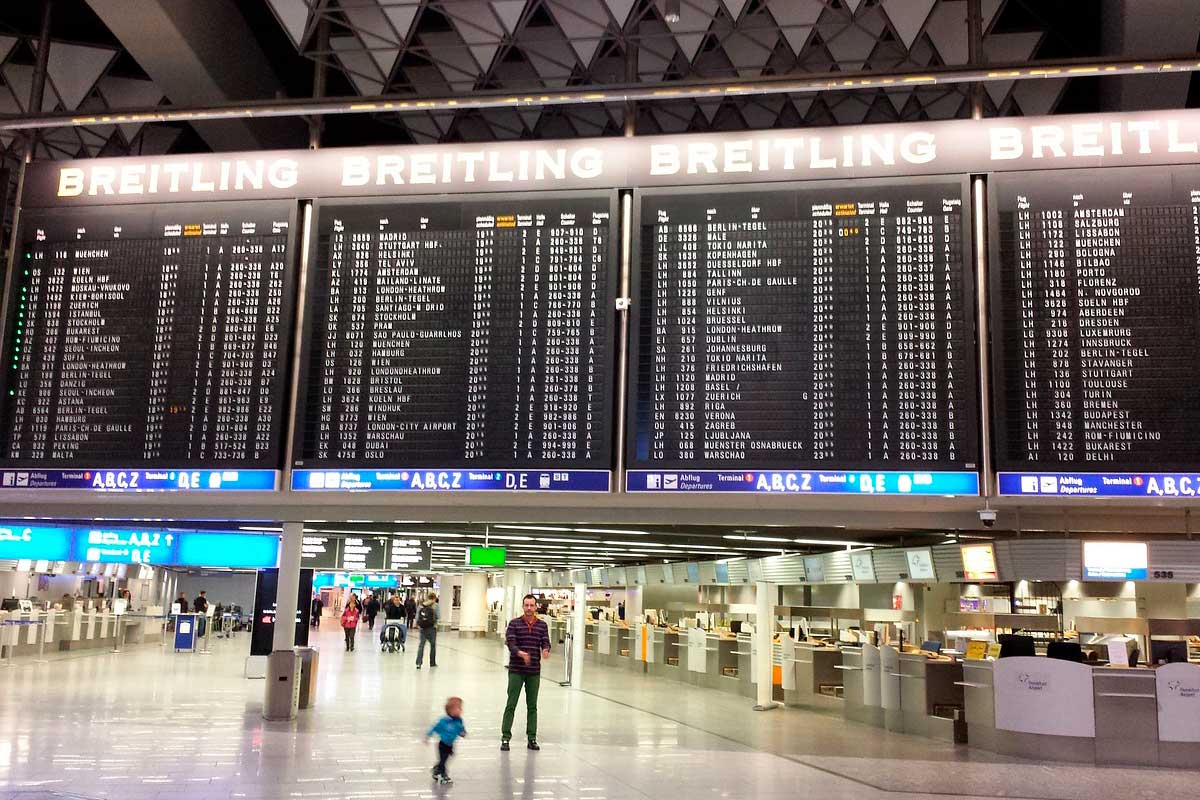




In the modern travel landscape, efficiency and cost reduction are often seen as the twin engines propelling the airline industry forward. The relentless pursuit of these goals has led to a significant transformation in how passengers interact with airlines at every touchpoint. From online check-in and automated luggage drop-off to biometric boarding, technology has streamlined processes, promising a seamless journey from the living room to the airplane seat. Yet, this march toward automation, largely driven by the aim to reduce the reliance on airline employees, has introduced an impersonal dynamic to passenger interactions. However, amidst this shift, a paradox emerges: Can the same technology that distances us also bring us closer together? The answer lies in the potential of Artificial Intelligence (AI) to foster a more humanized, personalized, and enriching travel experience, even as human touchpoints diminish.
The Efficiency Imperative
Automation's rise in airports worldwide isn't just about cutting costs by trimming the workforce. It's about smartly reallocating resources to where they're most needed, enhancing operational efficiency, and ultimately, enriching the passenger experience. Self-service kiosks and biometric scanners streamline mundane tasks, reducing queues and wait times, and freeing up airline staff to address more complex customer needs. Yet, the ultimate goal of these innovations is not merely to save on salaries but to create a smoother, more enjoyable journey for every traveler.
The Cost of Impersonality
The efficiency gains from automation are undeniable, yet they come with a hidden cost: the erosion of personal interaction between airlines and their passengers. This shift risks turning the travel experience into a series of transactions, where passengers are guided more by screens and sensors than by smiles and human warmth. The challenge, then, for airlines is to navigate this new landscape without losing the essence of what makes travel memorable: the human connection.
AI: The bridge over impersonal waters
This is where AI steps in, not as a replacement for human interaction but as its enhancer. Far from being just a tool for operational efficiency, AI holds the key to personalizing the passenger experience at scale. For instance, AI-powered chatbots can provide 24/7 assistance, handling routine inquiries with ease while directing more complex issues to human agents. This ensures that passengers feel supported at every step of their journey, regardless of the hour or issue at hand.
Predictive personalization: The next frontier
Beyond reactive services, AI enables airlines to anticipate passenger needs and preferences, crafting personalized experiences that were once the domain of luxury travel. By analyzing historical data and current trends, AI can suggest optimal travel times, anticipate delays, and even offer personalized recommendations for in-flight entertainment and meal choices. This level of service, powered by AI, ensures that passengers feel recognized and valued, not as mere ticket numbers but as individuals with unique preferences and needs.
A new management paradigm
Achieving this balance between automation and personalization requires a shift in management philosophy. Airline leaders must view technology not merely as a means to reduce costs but as an opportunity to redefine the passenger experience. By investing in AI and other technologies, airlines can create a new kind of travel experience, one that marries efficiency with empathy, automation with personalization.
Envisioning tomorrow: A harmonized journey ahead
As the airline industry continues to evolve, the integration of AI into customer service operations stands as a testament to the potential for technology to enhance human connections. In this new era, the goal is not to remove humans from the equation but to leverage technology to make every interaction more meaningful. By embracing AI, airlines can ensure that, even as the journey becomes more automated, the skies remain as friendly as ever.
The future of air travel lies not in choosing between human warmth and technological efficiency but in finding innovative ways to combine them. As airlines navigate this path, they have the opportunity to redefine what it means to fly, transforming the skies into a place where technology brings us closer together, making every journey an unforgettable chapter in the larger story of our lives.
Within the transformative embrace of AI, we discover a profound insight, a reminder that pulses at the core of our industry's evolution—the passenger, the individual, is our true focal point. Amidst the marvels of automation and the efficiency it heralds, AI's greatest gift may well be its ability to bring us back to this fundamental truth. By tailoring experiences with a precision and understanding previously unattainable, AI re-centers our focus on the human element of travel. This technological leap it's a beacon that illuminates the heart of our industry—the people we serve. In this digital age, as we stand on the cusp of what might seem like a new world, the implementation of AI is a poignant reminder that at the end of every journey, every click, every automated process, is a person seeking connection, comfort, and a sense of belonging.
(Source: Aerovalue)

Tenerife Sur airport in Tenerife has been experiencing chaos due to Brexit, with hundreds of thousands of British tourists stuck in long queues for passports. The UK's departure from the EU has led to stricter passport controls, with the airport now having a modern second terminal. The queues at passport controls and taxi ranks are also causing issues. The UK's departure from the EU has also led to a change in the process of travelling from the UK to EU countries, with the introduction of the Entry/Exit System (EES) to measure and control the duration of people from third countries' stay in the Schengen Zone.
(Source: Rita Sabot and Milo Boyd - MIRROR. Read article here)
Airlines and credit card companies are investing in airport lounge networks, with lounge access being a top reason for credit card signups. Delta plans to add 2,700 seats by 2023.
(Source: CNBC. See video here)
Aerovalue is committed to protecting your privacy. We want to assure you that when you visit our webpage, we do not collect any personal information about you without your consent. We respect your online privacy and adhere to strict data protection regulations. Rest assured that your browsing experience on our website is secure and anonymous. If you have any concerns or questions about your privacy while using our webpage, please do not hesitate to contact us. Your privacy is important to us, and we are here to address any inquiries you may have.
Thank you for visiting Aerovalue